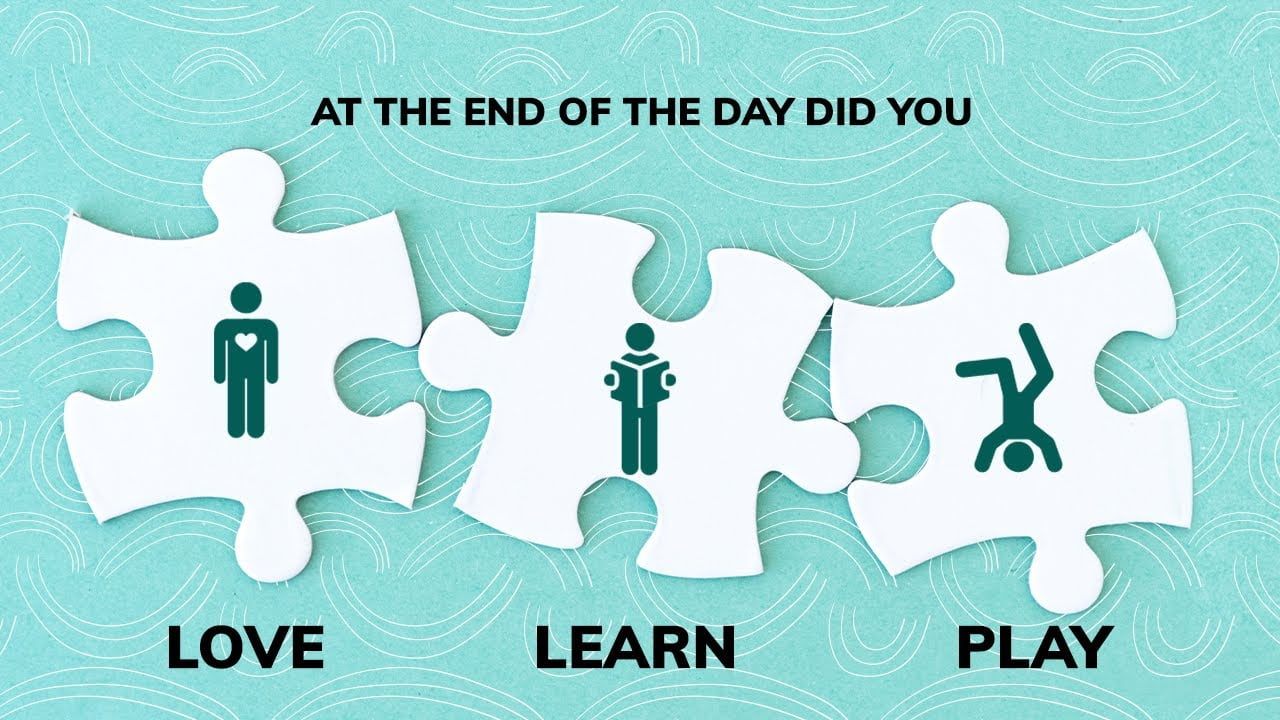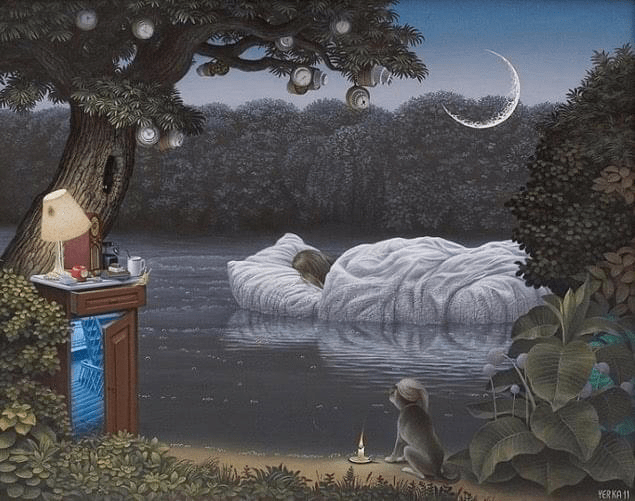Watch Videos on Love

Our Anthem

Love | UEF
Listen On-The-Go
What is love? - a deep dive
Love
“Love is the most powerful force in the universe. It is the eternal fire that burns within the heart and connects us all.” – Bhagavad Gita, Hindu Scripture
“The day will come when, after harnessing the ether, the winds, the tides, gravitation, we shall harness for God the energies of Love. And, on that day, for the second time in the history of the world, man will have discovered fire.” – Pierre Teilhard de Chardin, scientist, and philosopher
“We draw the circle of family too narrow. Expanding our circle of love as we expand our awareness is key to living a meaningful life.” – Mother Teresa
“Love is an action, never simply a feeling.”Bell Hooks
Love is probably the most used (and abused) word in the English language. Countless works of art, philosophical and theological treatises have been dedicated to love. It can come to us as the most natural emotion, a deep longing, or love can be ever elusive

In our adult lives, we all too often confuse – and even conflate – romantic love and physical relationships and thereby only allow ourselves to see one manifestation of love. This is because we are constantly inundated with advertisements meant to sell us some product via images of romanticized physical intimacy. We develop a transactional nature that is the antithesis of love. But a romantic relationship, which is indeed a type of love, requires something beyond the transactional barter. Love is more than just physical intimacy.

Love can manifest in different ways throughout a person’s life. Classical Greek philosophers identified seven types of love: eros (romantic or sexual love), philia (love of friends; friendship), storge (familial love), ludus (playful love), pragma (practical love based on duty), philautia (self-love), and agape (universal love). Variations in love manifest at different stages of life, as highlighted below:
Childhood:
During childhood, love often manifests through the bond between a child and their caregivers, such as parents, siblings, and other family members. Love is expressed through physical touch, such as hugs and kisses, as well as through nurturing and care, such as providing food, shelter, and protection. When I visit my two-year-old nieces, often they express their love by offering me whatever they are eating. Love in childhood is typically characterized by a sense of security, attachment, and trust.
Adolescence:
In adolescence, love may start to take on a more romantic and interpersonal dimension. It can involve crushes, infatuation, and the exploration of romantic relationships. Adolescents experience the excitement and intensity of first romantic feelings and often express love through gestures such as gift-giving, spending time together, and sharing emotional intimacy.
Early Adulthood:
During early adulthood, love often involves the formation of deeper and more committed relationships, such as romantic partnerships, friendships, and familial relationships. Love may manifest through emotional connection, companionship, shared interests, and mutual support.
Midlife:
In midlife, love may involve a deeper sense of emotional maturity and stability. It can be expressed through long-term partnerships, marriages, and familial relationships. Love at this stage may include qualities such as companionship, emotional support, shared values, and mutual respect. It may also involve navigating challenges and changes together, such as raising children, caring for aging parents, or facing career transitions.
Later Life:
In later life, love involves a sense of wisdom, acceptance, and appreciation for the people and experiences that have enriched one’s life. We experience it through familial relationships, friendships, and connections with the broader community. Love at this stage has a sense of legacy, and passing wisdom to future generations.
The highest manifestation of love is “agape” (ἀγάπη) which refers to a selfless, unconditional love, often associated with divine or spiritual love, or a love that transcends personal interests and extends compassion, kindness, and care to others. Agape love, Greek in origin, can be expressed through acts of kindness, generosity, and empathy. Often considered a noble and aspirational form of love, agape transcends personal boundaries and fosters a sense of interconnectedness and compassion towards all beings.
An important truth about love is our ability to express love in all of our relationships: between individuals, groups, and societies, as the underlying value of business and political organizations, and in our personal social and economic activity. Erich Fromm describes this well: “In brotherly love, there is the experience of union with all men [and women], of human solidarity, of human atonement. Brotherly love is based on the experience that we are all one. The differences in talents, intelligence, and knowledge are negligible in comparison with the identity of the human core common to all men.”
Another sphere of action providing an opportunity to express love is through work. Psychologists Sigmund Freud and Erich Fromm both saw love and work as closely related. Love and kindness in the workplace foster a positive culture and higher productivity. By working, we are able to express our love for our family through our ability to help support them, and for ourselves through excelling in our chosen career. We can show love to our co-workers too, a neighborly love of collaboration toward a common goal, acknowledging the contributions of colleagues, listening and considering the input of others, and offering support.
Eric Fromm saw love as a spontaneous affirmation of others, as the union of the individual with others on the basis of the preservation of the individual self.” The dynamic quality of love lies in this very polarity: it springs from the need of overcoming separateness.
Archbishop Desmond Tutu was fond of the Zulu proverb in his native South Africa, which he explained thusly:
“Ubuntu is very difficult to render into a Western language. It speaks of the very essence of being human…It is to say, ‘My humanity is caught up, is inextricably bound up, in yours.’ We belong in a bundle of life. We say, ‘A person is a person through other persons.’[…] Ubuntu speaks particularly about the fact that you can’t exist as a human being in isolation. It speaks about our interconnectedness…We think of ourselves far too frequently as just individuals, separated from one another, whereas you are connected and what you do affects the whole world. When you do well, it spreads out; it is for the whole of humanity.”
There is a phrase in the Japanese prefecture of Okinawa, “Iichariba chode,” which roughly translates to, “Even if we only meet by chance, we are still brothers and sisters.”
The mystics of all religious traditions have taught us that love is not to be sought; love is what we are. Love is what is here in each and every moment. It is more about allowing it to flow through than forcing it out by effort.
As Fromm asserted that love is a state of mind, a way of being. “Love is not primarily a relationship to a specific person; it is an attitude, an orientation of character which determines the relatedness of a person to the world as a whole, not toward one ‘object’ of love. If a person loves only one other person and is indifferent to the rest of his fellow men, his love is not love but a symbiotic attachment or an enlarged egotism.”
Love is our universal yearning to find what we have been separated from. Fromm went on to say love is a “spontaneous affirmation of others, as the union of the individual with others on the basis of the preservation of the individual self. The dynamic quality of love lies in this very polarity: that it springs from the need of overcoming separateness”
For the past 75 years, The Study of Adult Development, run out of Harvard University, has tracked the physical and emotional well-being of over 700 men who grew up in Boston in the 1930s and ’40s. It is one of the longest and most comprehensive longitudinal studies of its kind, closely following subjects from their late teens and early twenties all the way into their eighties and nineties. “The 75 years and 20 million dollars spent on the Grant Study points to a straightforward five-word conclusion,” Vaillant writes. “Happiness is love. Full stop.”
Another framework looks at Love’s tripod consisting of three traits. The first trait, humanism, is defined as believing in the inherent dignity and worth of other humans. The second, Kantianism, gets its name from philosopher Immanuel Kant and means treating people as ends unto themselves, not just as unwitting pawns in your personal game of chess. Finally, “faith in humanity” is about believing that other humans are fundamentally good, and not out to get you.
Love as Social Justice
Love as social justice refers to the idea of using love and compassion as guiding principles in advocating for, and promoting social justice and equality. It encompasses the belief that love and compassion can serve as powerful motivators for addressing societal injustices and promoting positive change in systems, policies, and practices that perpetuate inequality, discrimination, and oppression.
At its core, love as social justice emphasizes empathy, compassion, and care for others, particularly those who are marginalized, oppressed, or disadvantaged. It recognizes the inherent worth and dignity of all individuals and promotes a sense of interconnectedness and collective responsibility toward creating a more just and equitable society. This involves taking action to challenge and transform oppressive systems and structures, advocating for the rights and well-being of marginalized groups, and promoting fairness, equality, and inclusivity in all aspects of society. It can be expressed through acts of kindness, empathy, and solidarity, as well as through advocacy, activism, and community engagement.
Love as social justice also recognizes that promoting social justice requires addressing not only the external manifestations of injustice, but also the underlying attitudes, biases, and systemic structures that perpetuate inequality. It emphasizes the need for self-reflection, self-awareness, and an ongoing commitment to personal growth and learning in order to be effective agents of change.
By integrating love and compassion into social justice efforts, proponents of this approach believe that it is possible to create a more just, equitable, and compassionate society that recognizes and uplifts the dignity and rights of all individuals, regardless of their background, identity, or circumstances. It emphasizes the importance of fostering inclusive, compassionate, and empowering relationships among individuals and communities as a foundation for social change.
Emphasis of Love in Religions and Spiritual Traditions
Most religious and spiritual traditions emphasize the importance of compassion, kindness, and goodwill towards others .This quote from Christian Paul of Tarsus (5-64/7 CE), from one of his letters to his fellow early Christians at Corinth is one of the most popular readings in Christian wedding ceremonies: “Love is patient, love is kind. It does not envy, it does not boast, it is not proud. It does not dishonor others, it is not self-seeking, it is not easily angered, and it keeps no record of wrongs. Love does not delight in evil but rejoices with the truth. It always protects, always trusts, always hopes, always perseveres.”
Below are examples from other religions:
Islam: “None of you truly believes until he loves for his brother what he loves for himself.” – Hadith (Sahih Bukhari)
Judaism: “You shall not take vengeance or bear a grudge against your kinsfolk. Love your neighbor as yourself: I am the Lord.” – Torah (Leviticus 19:18)
Hinduism: “This is the sum of duty: do not do to others what would cause pain if done to you.” – Mahabharata, Anusasana Parva 113.8
Buddhism: “Hurt not others in ways that you yourself would find hurtful.” – Udanavarga 5:18
Sikhism: “As you deem yourself, so deem others. Then you shall become fearless, and be absorbed in the True Lord.” – Guru Granth Sahib, Ang 20
Bahá’í Faith: “Lay not on any soul a load that you would not wish to be laid upon you, and desire not for anyone the things you would not desire for yourself.” – Gleanings from the Writings of Bahá’u’lláh, 66:1
Christianity: Luke 10, “You shall love the Lord your God with all your heart, and with all your soul, and with all your strength, and with all your mind; and your neighbor as yourself” – Luke 10:27
Christianity(St Thomas Aquinas) “love… precedes desire and desire precedes pleasure, and “love is naturally the first act of the will and appetite.”
‘As a follow-up to this article, we recommended reading:
Map for Quotes on Love

Share Your Valuable Thoughts with Us
External References
A quality much needed in a divided world but not often encountered is compassion. Compassion
When my family moved from the United States to the north of England a few
As the Beatles told us, “All you need is love” and how sure this is.
It turns out Darwin’s theory of evolution was incomplete. Evolutionary biologists such as Elizabet Sahtouris
Share your Views with your Friends
Reach Us
- Akhil Gupta 14 Story Street, Suite 500, Cambridge, MA 02138
- social@uef.org
- +91 99203 97381
Other Links
Copyright © 2025. ❤️Universal Enlightenment & Flourishing









